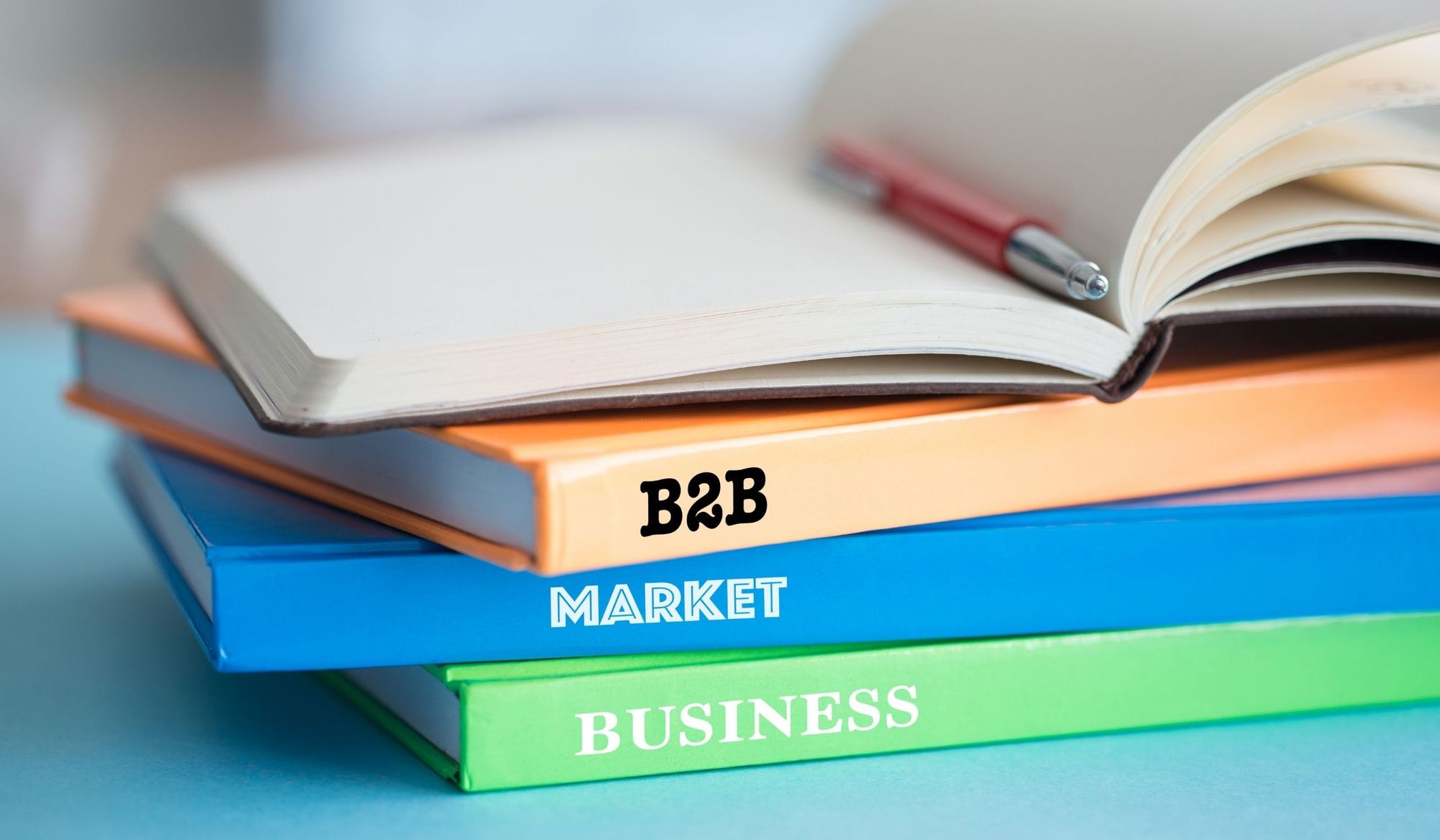Getting Started With Wholesale

It is a big decision to start wholesaling your products, and some small businesses approach the concept with great trepidation. However, as with most things in life, with some consideration and planning you can enjoy a smooth transition into the next exciting phase of your growth. I've answered a few common questions about starting to wholesale to help you take the first steps without worry.
How will I make a profit wholesaling my products?
Obviously your margin per item will be reduced; however, as is the nature of wholesaling, you will be selling your products in bulk. You might incentivise your wholesale customers with volume discounts to encourage them to buy more.
How do I go about setting up my pricing structure?
The general rule is to wholesale your product at 2.5 times the manufacturing cost. The retail price is then usually 2-2.5 times that amount. This varies with industry and commodity types.
e.g.
Manufacturing cost: $15.
Wholesale cost: $37.50
Suggested retail price: $75-$93.75
You should also think about whether you want to set minimum order quantities and order multiples on some or all of your products to ensure orders are profitable and worthwhile for you.
See our dedicated post on How To Calculate Cost Price.
How do I define my target market?
As the old saying goes: 'You can't please all of the people all of the time'. Homing in on your 'ideal retailer' is one way to start. Consider factors like:
- size
- reputation/popularity in their sector
- existing brands/product offering
- terms and policies (especially important with larger retailers who may have quite rigid terms)
- location
and make a profile of your ideal wholesale customer. Now do some research and find businesses who closely match that profile. It is so important to connect with the right stores, because the relationship goes beyond supply and demand. You should view your retailers as partners, and aim for a symbiotic and supportive relationship.
How do I decide upon my terms and conditions?
You can look at other people's terms and conditions to get an idea of a 'standard' template, and think about what is important to your business. For example, you might want to define your policies on things like:
- payment terms
- return conditions
- dropshipping
- minimum order quantities (and whether this applies to all orders)
- RRPs/MRPs/SRPs (will you allow the retailer free reign on the selling price?).
It really is a very personal decision, but having a set of terms and conditions is a good framework for you, your team, and your retailers to work within.
We've only ever sold to consumers, how do we sell to retailers?
There are many similarities, (Please see my post on adopting B2C principles for your B2B operation for some in-depth guidance on this), but there are also key differences.
Retailers will buy in a totally different way to consumers (this is our raison d'etre). They will buy in bulk, perhaps seasonally, and may ask for all kinds of things including: sale or return, dropshipping and special payment terms. Having your own set of policies, and knowing them well, will help you to negotiate confidently with their requests/demands.
Of course, we would love to help you to take wholesale orders online, and Orderspace is the perfect system for small businesses looking to expand into new markets. Our solution has all the wholesale-specific features you need, and is easy to use. You can take a free 30-day trial and have a play with it to see how we could help you succeed with wholesale.
Further Reading (lots of it!):
The Pros and Cons of Retailing Direct To The Consumer
Delivering Excellence To Your Wholesale Customers
Getting Started With Wholesale - Your First Retailers
Wholesale Pricing Strategies
Inventory Basics - How to Set Up SKU's
Understanding Wholesale Supply Chains
How to Approach New Stockists
How To Manage Pre-orders Efficiently
